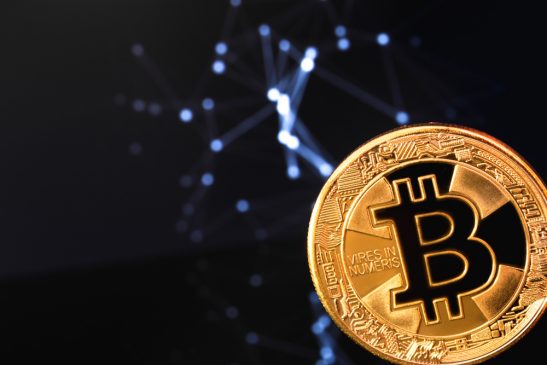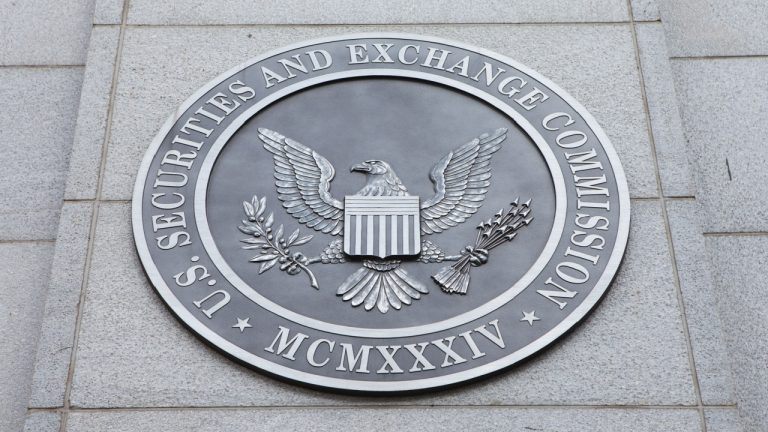In the absence of regulatory oversight, crypto insiders are looking for ways to self-regulate in attempts to make the industry more attractive to institutional investors, some of whom are wary of entering the market due to the potential for hacks and fraud. But some experts are calling into question the practicality of these groups.
Industry Groups Look to Regulate Crypto From the Inside Out
Interest amongst consumers and institutions is undoubtedly growing, but the nascent industry is still plagued by fraud and regulatory uncertainty. As for numbers, in the second quarter of 2018 investors lost $670 million in cryptocurrencies due to hacks and scams, according to Business Insider.
In attempts to change this and shine more light on the sometimes opaque crypto market, as well as push for fair regulations, two new groups have emerged. One is the Virtual Commodity Association, the industry’s first self-regulatory organization, which was launched by the Winklevoss brothers’ Gemini exchange, Bitstamp, bitFlyer USA, and Bittrex this past August.
The second group, the Blockchain Association, is comprised of companies like Coinbase, Circle, Digital Currency Group, Polychain Capital, Protocol Labs, and Zcash, and focuses on topics such as tax treatment of tokens and consumer protection.
While many say the establishment of the VCA and other groups is a step in the right direction, some skeptics, like Joseph Moreno, a partner in Cadwalader’s White Collar Defense and Investigations Group, say the idea of self-regulatory organizations may not be very effective.
“There’s no teeth in an SRO if there’s not a regulatory body behind it… It doesn’t look to be very effective without statutory authority.”
Moreno contrasted the self-regulating nature of the VCA with that of Financial Industry Regulatory Authority (FINRA), a self-governing body which is authorized by Congress and supervised by the Securities and Exchange Commission (SEC). FINRA, thanks to its direct connection with the federal government, can take a variety of steps against cryptocurrency service providers it believes to be operating on the wrong side of the law.
Self regulatory groups, on the other hand, “will not have any governmental-like regulatory authority to bring enforcement actions or levy fines,” Moreno says.
Does the Crypto Industry Itself Want to Self-Regulate?
Another point to consider is that not everyone in the crypto world is open to self-regulatory organizations like the VCA and the Blockchain Association, which, to many, go against the concept of decentralization that is at the very core of blockchain-based digital currencies.
“Part of the charm and fascination of blockchain is its ability to take out central intermediaries,” Moreno said. “Within the community, there is a direct natural bias against centralization and giving power over to the central authority.”
That said, there is obvious reasons why these organizations are springing up, as 2018 has seen government forces across the globe looking with increased scrutiny at the industry in attempts to regulate from the outside in.
Earlier this year we saw this in the form of cease-and-desist orders and even blanket bans against cryptocurrencies and the company’s that create them. And in just the past few months, the SEC and FINRA have issued a string of punitive actions against companies involved with digital coins.
In response to this, some companies facing undesirable regulatory environments in countries like the U.S., Japan, and South Korea have moved their entire operations to jurisdictions with more favorable and concrete financial climates, like the island nation of Malta.




